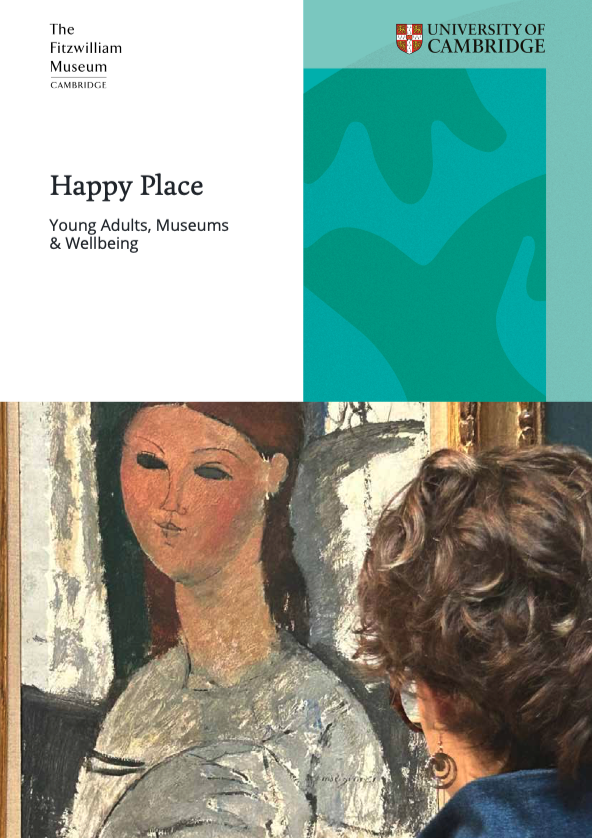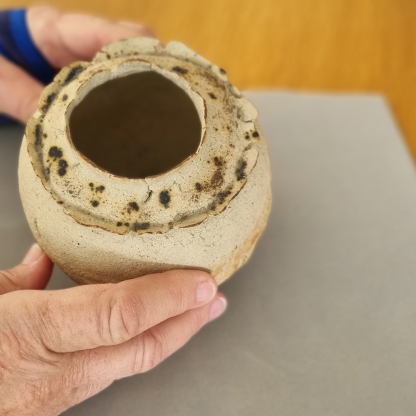Happy Place
Happy Place explores how young adults wellbeing can be improved by their engagement with museums, their stories and spaces. Working with diverse 16 – 25 year olds on their own terms, this collaborative project will capture their experiences, to better understand what they most want and need and co-design pilot interventions to improve wellbeing.
Why Young Adults and Wellbeing?
One in three people aged 18 – 24 report symptoms of anxiety and depression. Museums strive to create safe, inclusive spaces for everyone, but we know that they are not always seen as accessible or relevant by many young adults. Happy Place will deepen understanding around the requirements and preferences of young adults and provide practical insight on how to improve the museum experience to help support their wellbeing.
Through the collaborative development, delivery and evaluation of the project, we hope to consider questions such as:
- How can young adults wellbeing be improved by their engagement with museums, their stories & spaces?
- Which improvements to the pre-museum visit would help make young adults feel most welcome and inspired?
- How do young adults respond to the current museum offer including the entrance, digital and outdoor spaces, galleries, café & shop?
- How do young adults define ‘wellbeing’ and what might an excellent wellbeing experience at the museum look like to them?
- Which of the Museum’s themes and stories most resonate with young adults? Which might best support wellbeing programmes and experiences?
- What can we learn from local, national and international case studies of wellbeing initiatives for young adults?
Related publications
Project team
Becky Jefcoate, Practitioner Research Associate: Collections and Wellbeing
Creative Producers and Peer Mentors: Yasmin Brem-Sheppard, Chloe Coles-Smith, Rose Dolan, Christoper Joseph, Louise Nichols, Elena Ooijman, Alex Payton, Aino Sinioja, Sophie Smout, Sara Williamson Balaguer, Martha Wallace.
Community Participants: Tiegan Ball-Wells, Marie-Alix Bilgischer, Katie Birditt, Harry Blankley, Catherine Brand, Oscar Collin, Cynthia Dong, Lucy Jude Grantham, Zahra Grieve, Raidah Haque, Raisa Haque, Eleanor Lee, Lydia Mitchell, Miriam Mitchell, Lola Osbourne, Aniya Sofia Pramanik, Serika Siriwardhana, Dusan Vajagic, Kelsey Yi Wing Yuen. With members of Cambridge Youth Forum, Romsey Mill, Centre 33 and Cambridge NCS.
Outcomes of the project
Creative focus groups held initially at venues in the community, then at the Museum.
Peer to peer mentoring with Creative Producers from the Boticelli in Cambridge project (2024) who will act as buddies and provide support.
A new co-designed wellbeing experience for young adults at the Fitzwilliam Museum between April and June, 2025.
Other research projects you might like
Sign up to our emails
Be the first to hear about our news, exhibitions, events and more…



